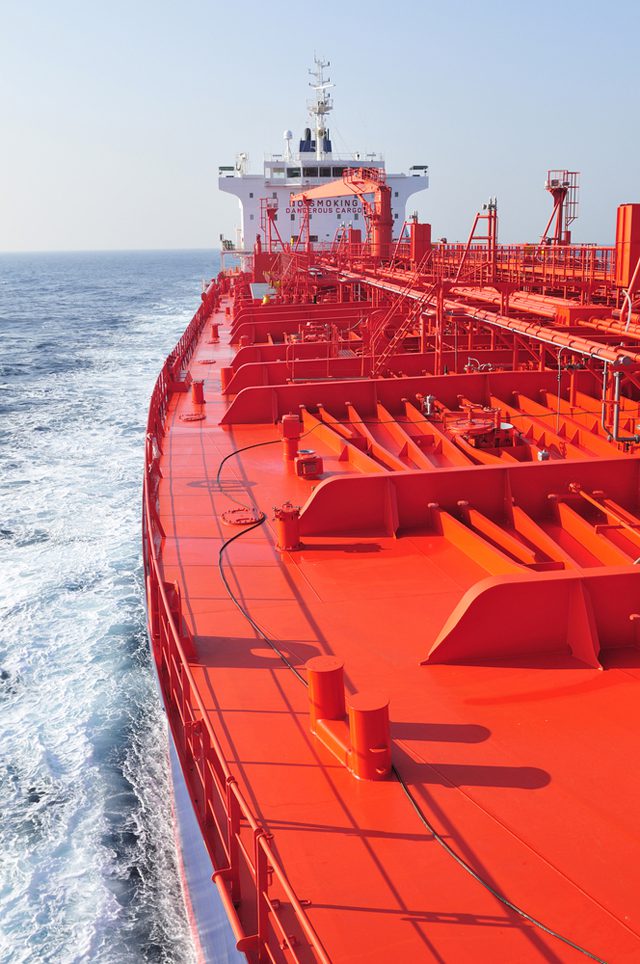Major Cocaine Bust: UK Border Force Seizes Record Shipment at London Gateway
In one of the UK’s largest drug seizures of the past decade, UK Border Force officers have seized cocaine with an estimated street value of £96 million (USD 130 million)...

![]() By Barbara Lewis and Robin Emmott
By Barbara Lewis and Robin Emmott
BRUSSELS, Dec 16 (Reuters) – European negotiators, hoping to cut fuel bills, will press their U.S. counterparts in Washington this week on including energy exports in a transatlantic trade pact that aims to integrate two markets accounting for half the world’s economy.
Bringing politically sensitive energy into the debate stands to complicate talks spanning agriculture to finance, but the rewards could be big for the European Union, where natural gas prices are around three times those in the United States.
The United States has benefited from a shale gas revolution and for Europe, U.S. imports are likely to be a faster way to lower prices than overcoming the social, planning and geological barriers to developing the continent’s own reserves.
U.S. gas exports could be up to 6 billion cubic feet, or around 170 million cubic metres per day – half of Britain’s daily demand in winter – from the end of this decade, according to Washington-based think tank The Brookings Institution.
Asia, where prices are higher than in Europe, is likely to lure much of that natural gas. But even the prospect of a small amount reaching Europe would strengthen the EU’s hand in contract negotiations with Russia, whose dominance in supplying gas to the continent has locked customers into high prices.
“There is no reason why U.S. natural gas should be reserved for users in the United States,” said a senior EU official close to the negotiations.
“For us, this is one of the most important issues of the TTIP,” the official said, referring to the trade pact’s name, the Transatlantic Trade and Investment Partnership.
CHANGING THE RULES
In Washington, politicians have reason to be more cautious.
Exporting natural gas would push up prices at home, potentially costing politicians votes and damaging competitiveness for industries with heavy energy use.
The United States has a ban on exporting crude oil without a licence, which dates from the 1970s, when U.S. lawmakers sought to conserve reserves following an Arab oil embargo.
Exporting gas is only slightly less contentious. The United States has begun granting licences to export liquefied natural gas (LNG), but slowly because of price concerns.
An EU-U.S. trade accord, which negotiators aim to finalise by the end of 2014, would make licence approval automatic.
The United States has said it is ready to include energy, but it remains unclear on whose terms. When the free-trade talks were launched in July, EU and U.S. officials made a point of including a reference to energy and raw materials in their guidelines for the negotiations.
Help for Europe could come from those with most to gain. Energy companies, including Exxonmobil, Chevron and BP, would make money from exporting U.S. gas and from higher domestic prices that would be likely to ensue.
A focus of the trade talks is to drive economic growth, in which European and U.S. companies play a major role, having invested trillions of dollars in each other’s economies.
“Because U.S. and European companies, including energy companies, have invested heavily on both sides of the Atlantic, U.S. and EU negotiators are essentially representing the same company interests,” said Peter Chase, vice president, Europe at the U.S. Chamber of Commerce in Brussels.
“They can take a more collaborative approach.”
MODEL TEXT
One bone of contention is the desire in Europe, which faces a long future as a net energy importer, for a specific text on energy that would serve as a blueprint for other talks because Brussels sees the TTIP as a “gold standard” for trade deals.
“Disciplines agreed in the transatlantic context could serve as a model for subsequent negotiations involving third countries,” says a European Commission document on raw materials and energy in the context of the EU-U.S. trade talks.
The U.S. view is that would create unnecessary problems in the U.S. Congress, where energy resources are viewed as a highly strategic asset. U.S. officials say energy can instead be worked in discreetly throughout the text of the trade pact.
Another irritant is regulation. Some in industry are confident the higher political and economic goals will ensure rules they dislike are swept away once and for all.
The struggling European refining industry has particular hopes for the trade talks.
Trade in refined oil products is not subject to U.S. legal restrictions. High demand for gasoline in the United States during its summer driving season and a shortfall of diesel refineries in Europe have meant the European Union imports U.S. diesel and exports European gasoline.
In 2012, the U.S. refining industry exported 335,000 barrels per day (bpd) of diesel to the European Union and the EU refining industry exported 349,000 bpd of gasoline to the United States.
Together this equated to $32 billion in trade, according to Europia, which represents the EU refining industry.
It argues that trade is under threat because of draft EU legislation to label products refined from tar sands as more polluting than from conventional crude because of the amount of energy required to separate the oil from the tar-like deposits.
Industry opposition to the EU proposal has raged for years, but EU sources say the political momentum of the trade talks is a sure way to bring about lighter-touch regulation, which will dismay environmentalists and delight the oil lobby.
(c) 2013 Thomson Reuters, All Rights Reserved

Sign up for gCaptain’s newsletter and never miss an update

Subscribe to gCaptain Daily and stay informed with the latest global maritime and offshore news


Stay informed with the latest maritime and offshore news, delivered daily straight to your inbox
Essential news coupled with the finest maritime content sourced from across the globe.
Sign Up